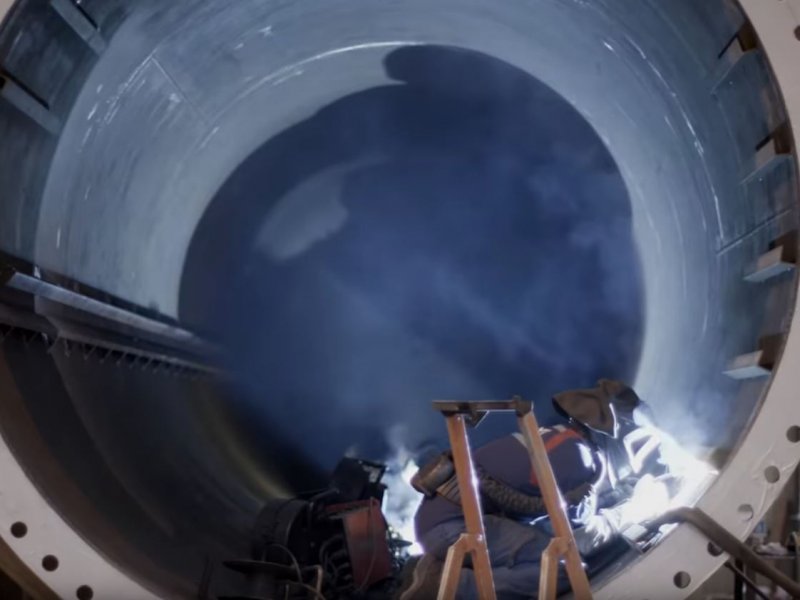As the digital economy accelerates, it becomes more difficult to keep the world's data centers at colder temperatures, but submersible steel modules could be an unexpected solution.
Off the coast of the Orkney Islands in Scotland, Microsoft has created a new type of next-generation data center that could transform the flow of Internet traffic around the world. Dubbed Natick, the project aims to provide faster Internet connectivity in coastal cities and address the growing problem of overheating servers by placing them in the icy depths of the seabed.
Submerging about one kilometer under water may not seem like an ideal environment for hundreds of complex computer servers, but the idea has some undeniable advantages.
Conventional data centers require huge warehouses that take up a lot of real estate. According to the United Nations, about 40% of the world's population currently lives within 100 kilometers of the coast, where land is at a higher level. As such, Microsoft expects subsea data center development to be vital to meet the growing demand for faster Internet connections.
Project Natick is the software giant's flagship move into this brave new world. To realize such an ambitious vision, Microsoft knew it needed to work with a team that understands the challenges of aquatic environments, so it turned to the Naval Group, a French marine renewable energy and defense specialist.
Steel is central
One of the most important tasks was to ensure that the module was protected from ice water and reliable enough to operate without the need for regular maintenance; Indeed, the data center was designed to remain in operation without maintenance for five years.
Therefore, the materials chosen for the exterior construction were especially important. Therefore, the module was enclosed in a stainless steel tube 12 meters long and 2.4 meters in diameter. The structure contains 864 servers and has been covered with the same zinc-rich coating that Naval Group uses to protect its submarines from ocean corrosion.
In the future, Microsoft hopes to be able to fully power deep sea data centers with tidal power from water turbines. This will mean fully self-contained servers can be quickly deployed along coastlines to meet the demand for Internet connectivity. But without easy access to maintenance, they will have to rely on the durability of steel to keep data centers running in such an unusual environment.





